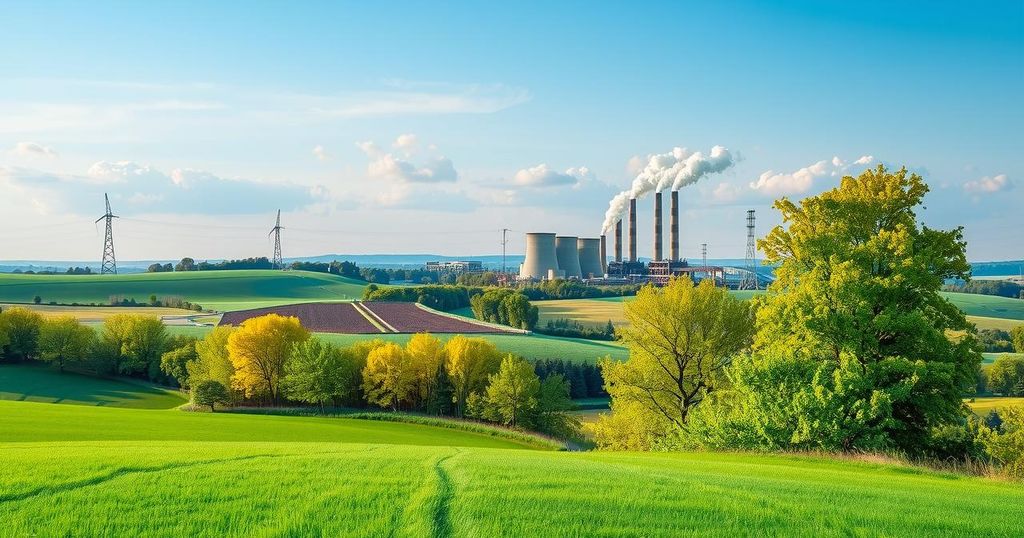Zimbabwe submitted its 2035 climate plan to the UN, focusing on balancing immediate energy needs with future sustainability. Key aspects include increased coal usage, a shift to natural gas, and the expansion of renewable energy, along with an emissions reduction target by 2035. The plan reflects economic constraints and highlights the need for international assistance.
Zimbabwe has distinguished itself by being the only African country to submit its 2035 climate plan, known as the Nationally Determined Contributions (NDC), by the UN deadline of February 10. Despite the anticipated challenges associated with climate action, Zimbabwe’s plan addresses immediate energy needs while simultaneously outlining objectives for a more sustainable future. This dual approach acknowledges the pressure to transition to greener energy sources while recognizing current economic realities.
In summary, Zimbabwe’s climate plan balances immediate energy requirements with long-term emissions reduction objectives. While the nation acknowledges the need for cleaner energy, it also emphasizes the reliance on coal and gas in the short term due to pressing power shortages. The transition towards renewable sources will require external funding and support, highlighting the importance of global cooperation in achieving sustainable development in Zimbabwe.
Original Source: www.techzim.co.zw






